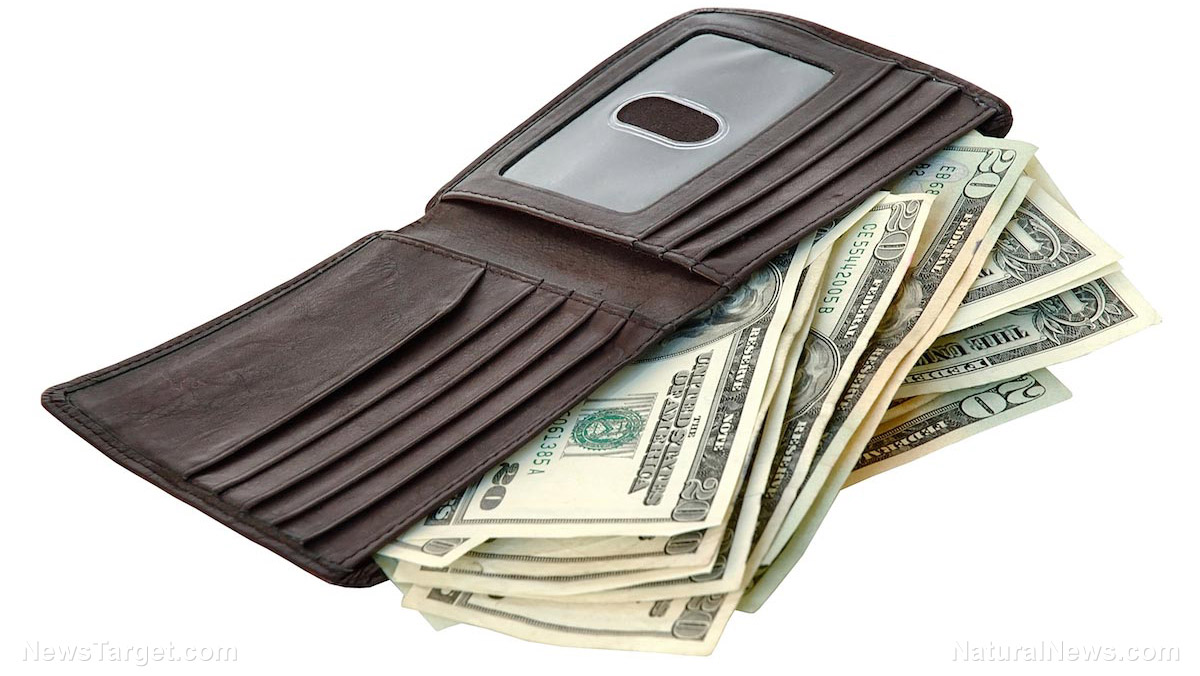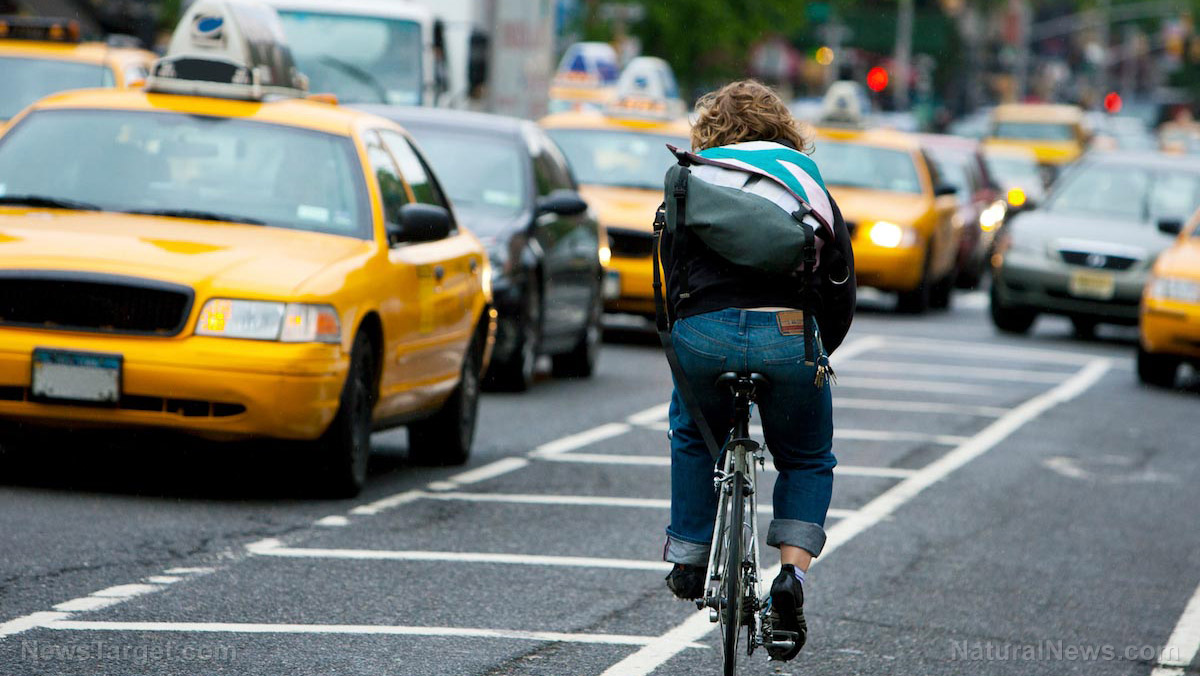
Advertisement
A lot of survivalists think that money may not be useful when SHTF. While there’s some truth to focusing your efforts in learning survival skills and fortifying your stores of preparedness foods, money can still be useful during survival scenarios. Here are 14 reasons why money will still be useful to you after SHTF. (h/t Survivopedia.com)
Money helps you during minor emergencies
Small medical concerns and car accidents are hard to predict. Keeping some money on hand prepares you for these minor emergencies.
Having cash allows you to diversify
It’s a good idea to keep your assets varied to prepare for disasters. Leaving some money in your bank is a good idea, but you should also always have some cash in hand. Converting some of your cash to a stable foreign currency and in precious metals is also a good idea.
Cash is portable
Money, unlike gold or silver, is easy to carry around and store in your homestead. Keeping several dozen $100, $50 or $20 bills isn’t as difficult as lugging gold bullion around. This makes it easier for you to bug-out if necessary.
Cash empowers you
Cash makes it easy for you to recover through your own merit. After a disaster, having some cash on hand won’t turn you into a refugee sleeping out in a shelter. With money, you can pay for your own food, water and a hotel room.
Cash is useful during major disasters
Cash also makes you prepared for major disasters. Prices of basic commodities such as food and fuel will soar immensely. With your store of cash, this problem can be something you can deal with.
You can hold on to your assets
After a disaster, the pressure will be high to sell some of your most valuable assets such as your car or maybe even your home, at extremely low prices just to survive. With a significant reserve of cash, you can avoid being forced to sell low just to feed your family.
You can supply your own credit
What’s great about having spare cash is it means you won’t have to rely on credit to make payments, especially during disasters. This also means that you won’t have to pay more down the line on interest, late fees or other penalties.
Cash gives you some privacy
Survivalists who want to maintain some kind of privacy in this modern world will need to use cash in their day-to-day payments. Paying not with credit but with money keeps your name off the radar. Furthermore, you can invest in a P.O. Box, where you can have your mail, sent, making you harder to track.
You can hold on to your cash
When SHTF, the money you have in your bank accounts or investments may be impossible to access, especially if the internet or the power grid goes down. If this is the case, you can get into serious trouble if you don’t have any cash in your possession.
Cash is liquid
All of the cash you have in your pocket can be easily converted into other kinds of assets. This isn’t the case when it comes to precious metals. Gold and silver have to be exchanged for cash before you can buy something with it. With cash, you won’t have to go through any kind of obstacle to pay for anything you need during a disaster.
Money can keep you mobile
Depending on the disaster, you may need to pack up your bags and bug-out. It may be due to a fire or an impending disaster like a tornado or a hurricane. Having sufficient cash reserves in your bug-out bag or in your bug-out car makes it less difficult for you to just walk away from your home to a safer place.
Cash gives you more stability
Emergencies can come out of nowhere, leaving you unsure of how to respond to it, especially if you don’t have a lot of money on hand. Cash reserves give you the room and the resources to respond to instability, including disasters, emergencies and other concerns that you’re yet to even consider. (Related: Prepper hacks: 20 Tips for surviving the next chaotic situation with ease.)
Cash makes you more resilient
Deflation is a risk you need to look out for during and after disasters. Any investments you may have, such as bonds and stocks, will decrease in value. However, the value of your cash may increase. This increase will help you offset the losses on your investments and your cash reserves will be more valuable.
Money is versatile
Beyond all these reasons, cash is still useful during survival scenarios for a variety of other practical reasons. You can buy food or transportation, use a payphone or rent a room at a motel as well as do some last-minute purchases of food and water. Having some spare cash makes you more able to adapt to any obstacle.
While it’s always a good idea to have diversified assets, such as in precious metals and in stocks and bonds, as well as in spending some time focusing on your homestead, on survival skills and on your emergency food stores, you also can’t go wrong with having a significant cash reserve. When SHTF, you’ll need all the help you can get, and you may need more cash than the handful of bills you have in your wallet.
Sources include:
Advertisement
Advertisements
















